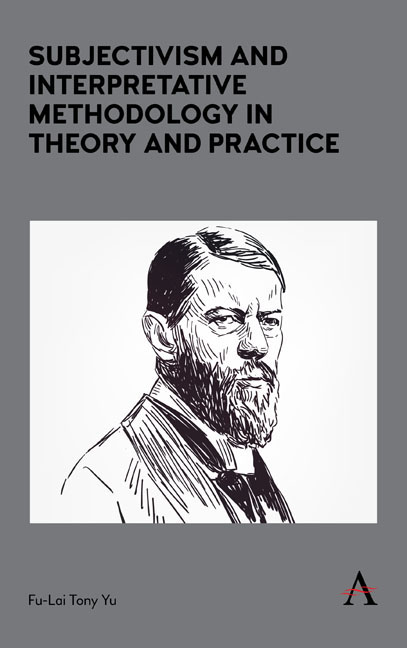12 - A Subjectivist Approach to Advertising: The Case of Vitasoy in Hong Kong
Published online by Cambridge University Press: 28 February 2020
Summary
Abstract. Contemporary neoclassical economics ignores the subjective evaluation of information and therefore fails to explain the persuasive role of advertising. This chapter explains the roles of advertising and promotion strategies from a subjectivist lens. In particular, it attempts to use phenomenological approach to explain the persuasive power of advertising. It will argue that when consumers watch a piece of advertising, they will interpret the message conveyed in the content by their stock of knowledge which is cumulated from everyday life experience. If consumers fail to interpret the advertising content, we cannot expect them to accept and buy the product. In other words, the content of advertising has to make sense to consumers. Sensemaking implies subjective understanding. When consumers find that the advertising content makes sense, then consumers and the advertising agent (on behalf of the product) share “common sense,” or share the same definition of situation, which can be made possible only through intersubjective communication. Since knowledge is obtained from everyday life experience and has history, in order to share the same biography with consumers, a successful piece of advertising requires the firm to know consumers’ personal growth history, racial identity, culture, and social and economic backgrounds. The phenomenological approach to explain the persuasive power of advertising will be applied to understand the successful advertising campaigns made by Vitasoy, a well- known soybean drink in Hong Kong.
Weaknesses in Contemporary Neoclassical Economics of Advertising
In the mainstream neoclassical economic paradigm, products are portrayed as homogeneous. New institutional economists argue, however, that products are not homogeneous. They contend that product attributes need to be identified and valued by the trading parties before a transaction can be carried out (Cheung 1983; Barzel 1989). Unfortunately, as in the neoclassical paradigm, New Institutional Economics adopts an “economics of information” approach in which information is a commodity whose acquisition renders both costs and benefits. Information is held to be a homogenous good, which is identical to everyone. It follows that every individual makes the same assessment of a piece of information and, accordingly, the same decision. This perspective disregards the actors’ prior experiences, stocks of knowledge, and cultural and/ or social backgrounds. In particular, the neoclassical economic approach attempts to find out the right (optimal) amount of information that should be produced and delivered by the advertising industry in response to consumers’ desires.
- Type
- Chapter
- Information
- Publisher: Anthem PressPrint publication year: 2020



